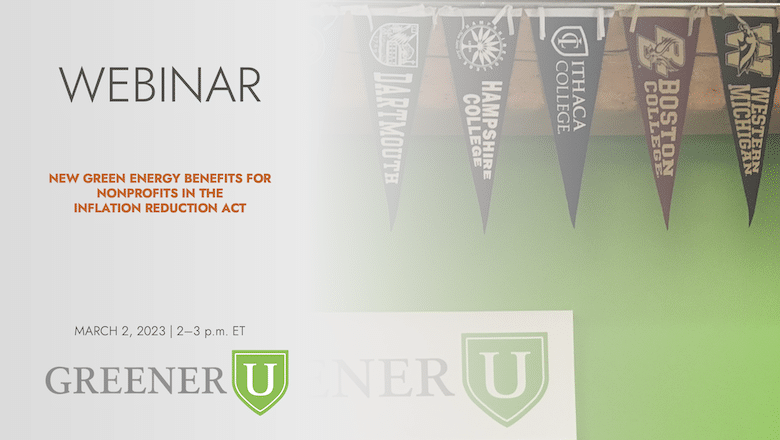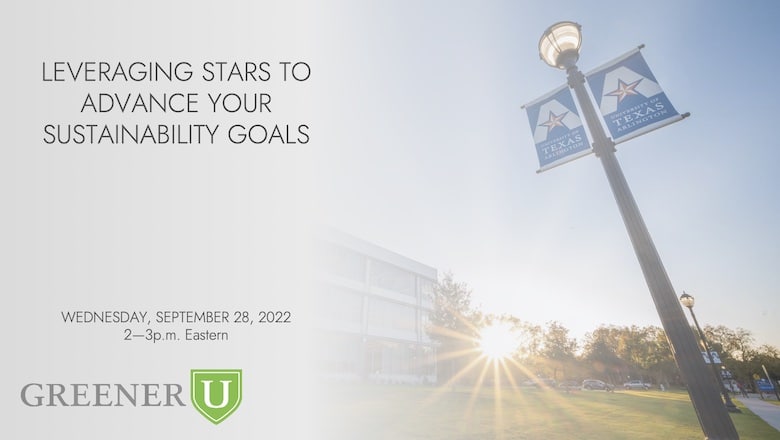Looking ahead: beyond BERDO
Boston’s BERDO—the Building Energy Reduction and Disclosure Ordinance—was developed to help the city achieve its climate goals of all buildings reaching net zero emissions by 2050. Building owners need to reach significant reductions to meet five-year incremental goals or face fines.
But some building owners are finding BERDO requirements challenging to meet from a financial standpoint. How will building owners plan for updated standards as they become more stringent down the road? What is the best way to deal with deferred maintenance? What financing opportunities are available? What are the additional benefits that can help justify first costs?
This open discussion featured guest Brian Palm, Assistant Head of School at Catholic Memorial School. Mr. Palm’s background includes a facilities management approach that encourages the development of a durable campus with sustainability at its core. He has served as chairman of the science departments at both Brooks School and Maimonides School. He is a graduate of Dartmouth College with a degree in environmental biology and geography, and also earned a Master of Science from Oxford University in environmental policy and management with a focus on energy policy.
We were also pleased to welcome Bill Nickerson, Executive Director of the Boston Industrial Development Financing Authority (BIDFA). BIDFA promotes economic growth and employment in the City of Boston by issuing bonds that finance the capital needs of the city’s businesses and institutions. It is guided by Boston residents with professional expertise in real estate development and finance.
Also joining us:
- Gisella Soriano, Senior Manager for Small Business and Corporate Finance, Boston Planning & Development Authority
- Aidan Callan, Climate and Environmental Planning Project Manager, BERDO
- Rob Durning, CEO, GreenerU
- Chris Lewis, Vice President of Engineering, GreenerU
Links to additional resources here:
- PowerPoint presentation
- Additional BIDFA slides
- Massachusetts building emissions disclosure requirements (starting July 2024)
- BERDO regulations
- BERDO ordinance (see page 10 for the emissions standards table)
- Next BERDO monthly public hearing is November 16, 2022



